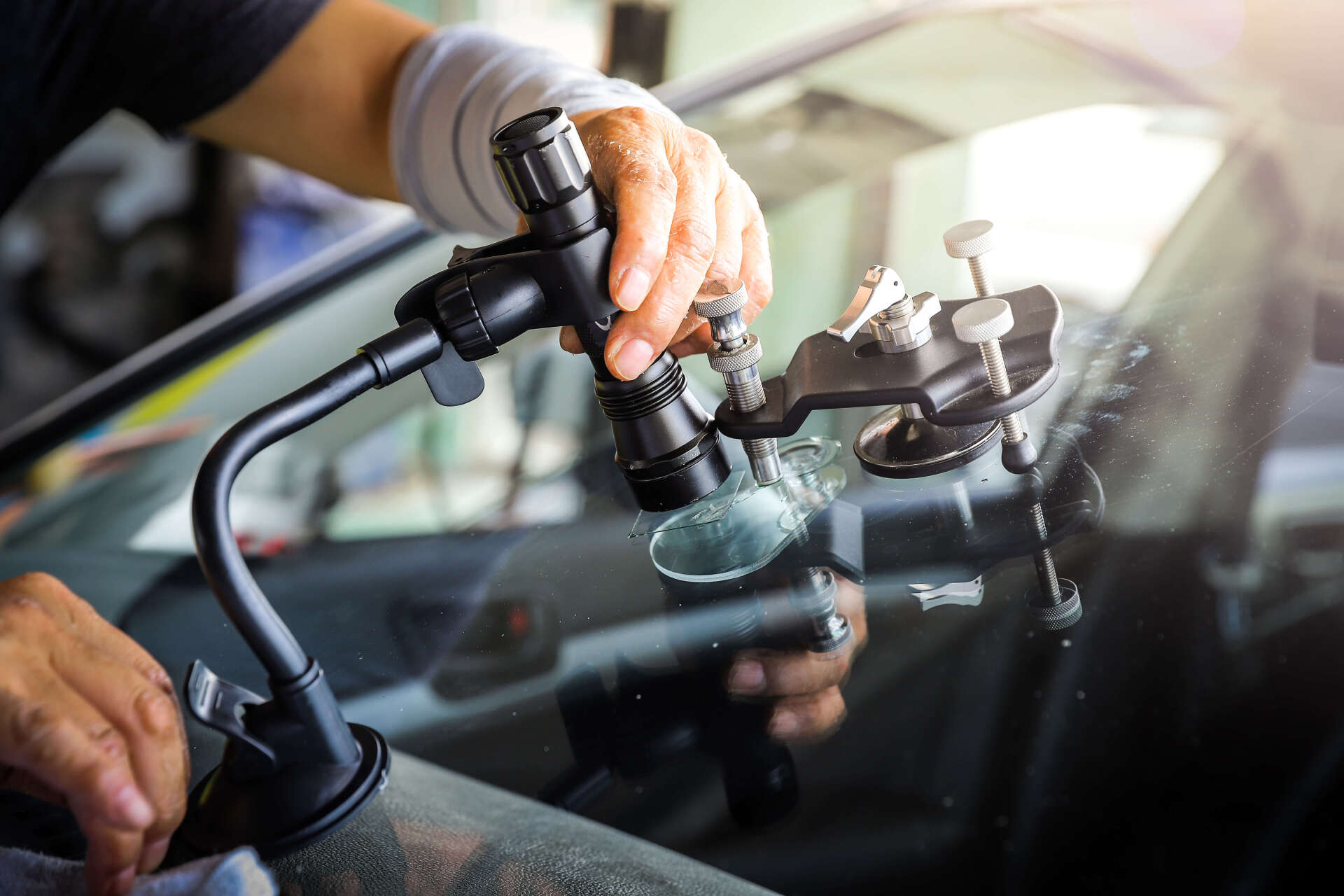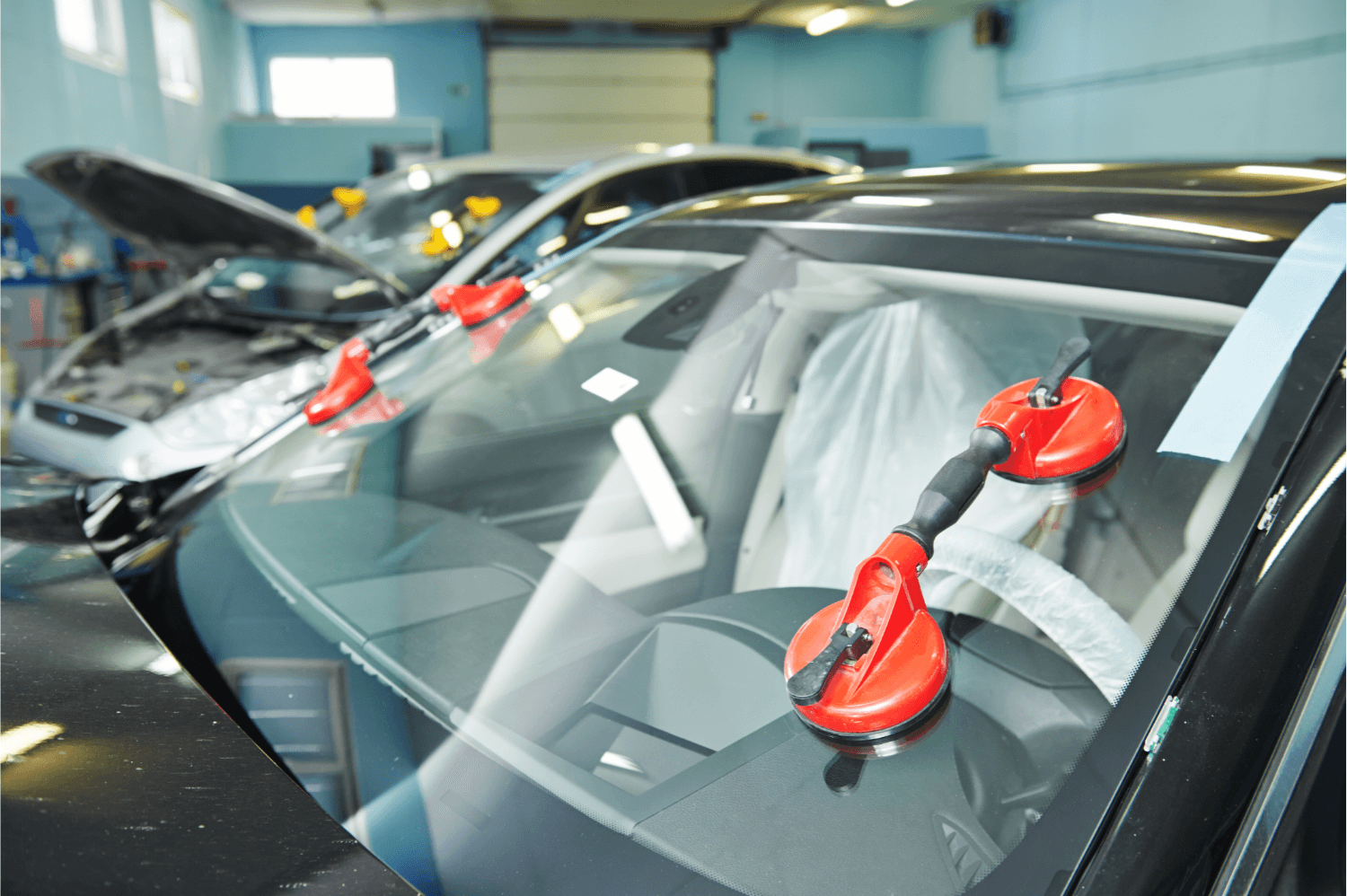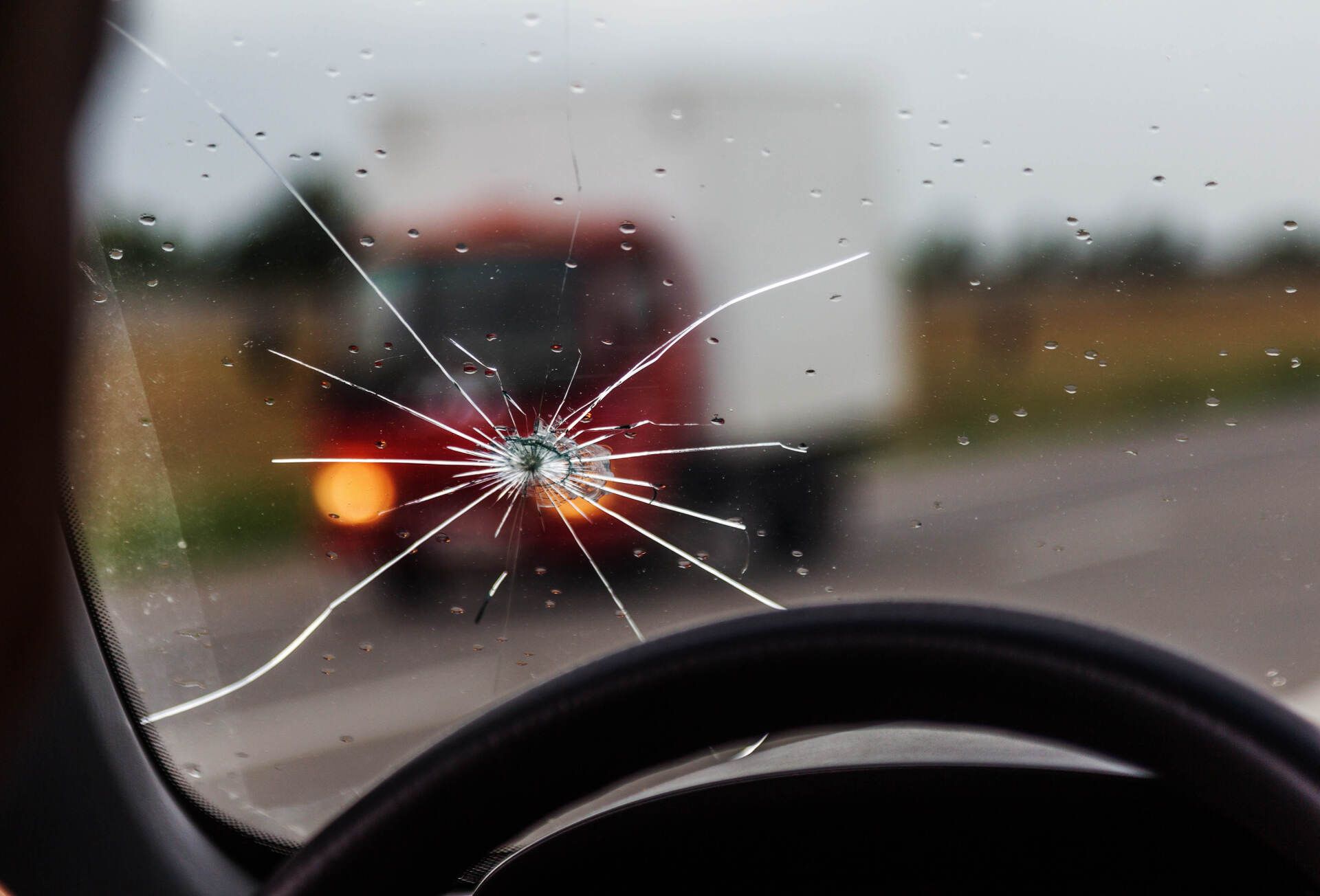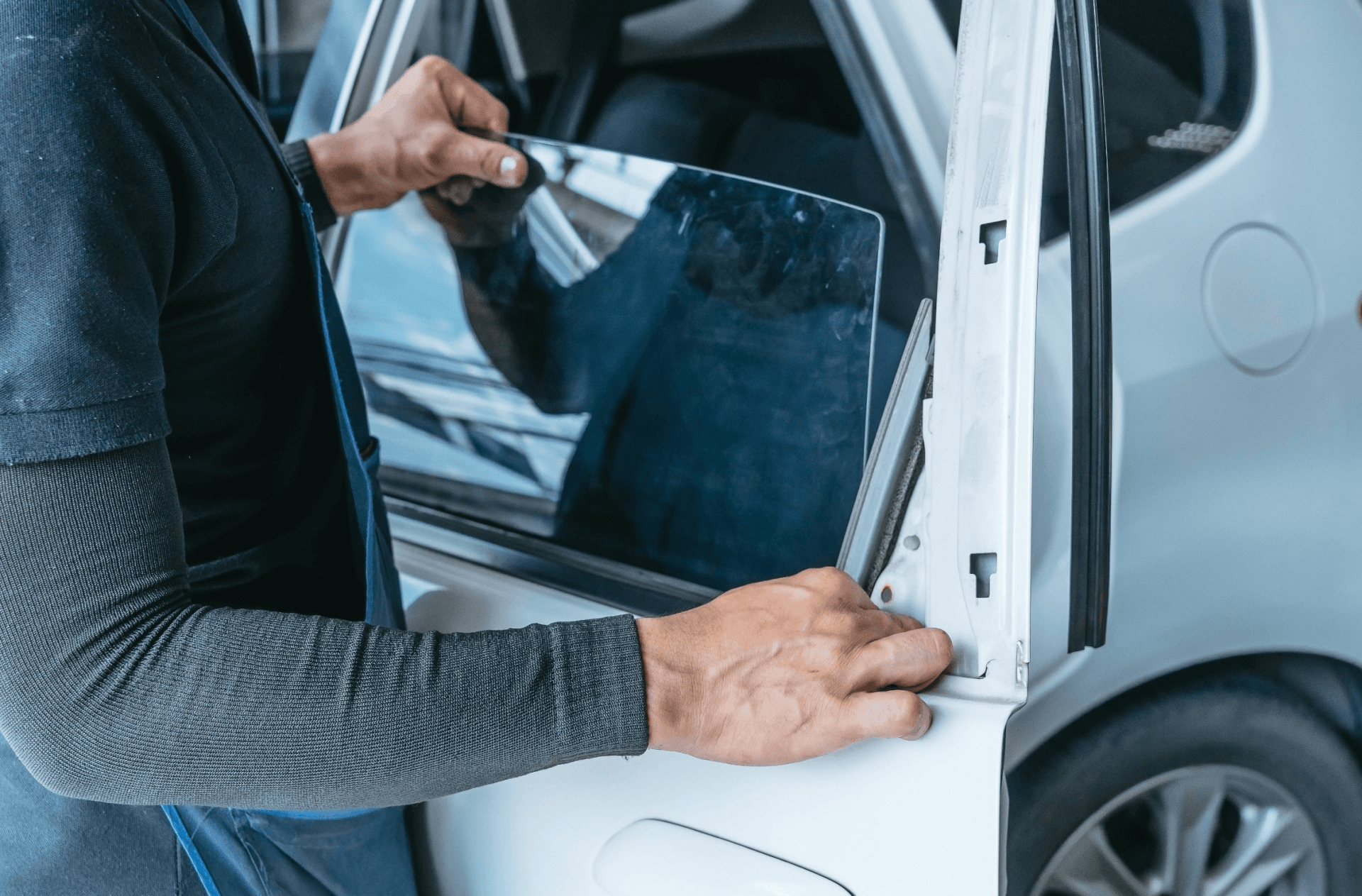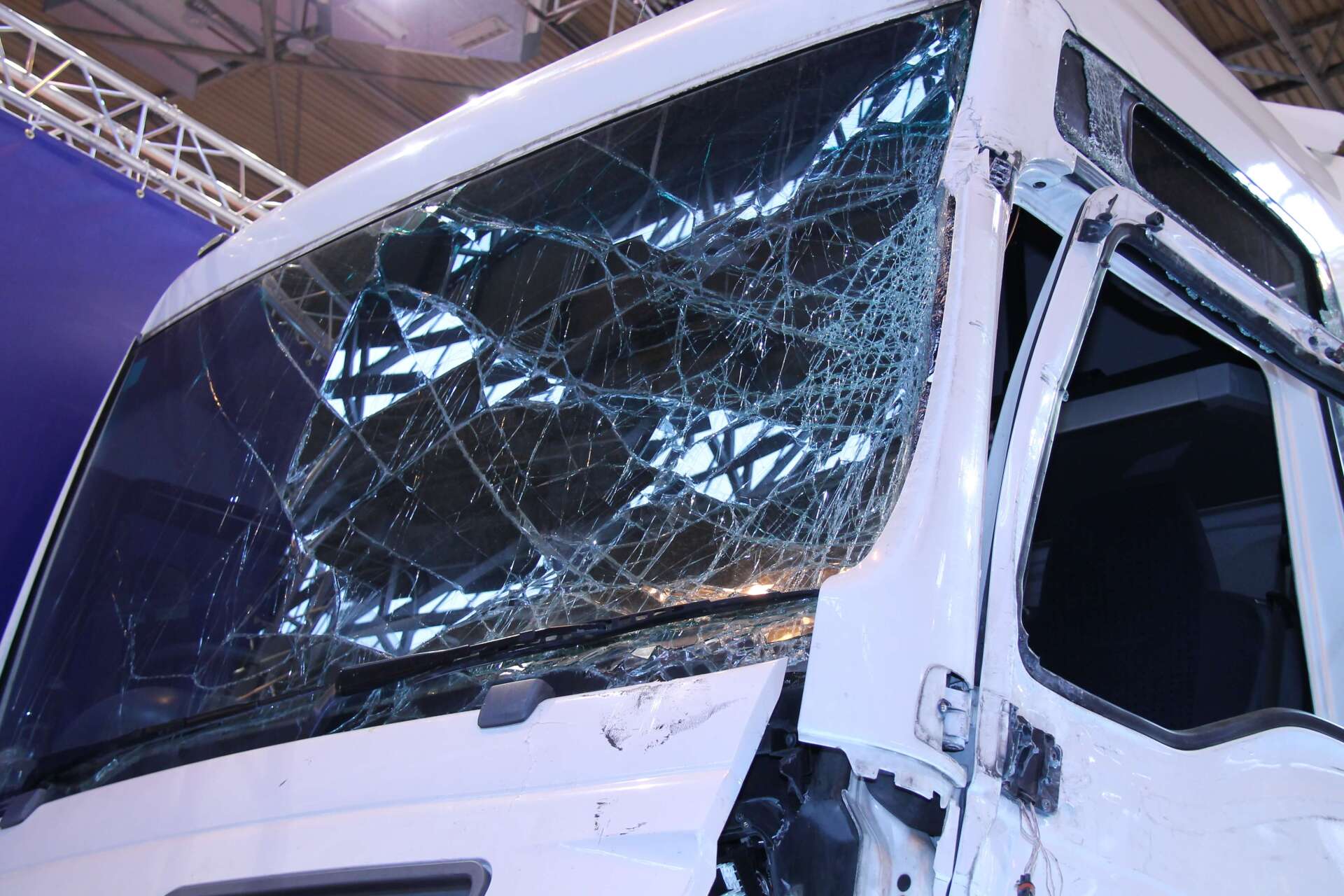Future Trends in Auto Glass Technology
The auto glass industry is undergoing a significant transformation, with future trends in auto glass technology paving the way for enhanced vehicle safety, energy efficiency, and overall performance. As the automotive industry continues to evolve, auto glass plays an increasingly critical role in the development of advanced
safety features and vehicle safety systems. From smart glass to advanced driver assistance systems, here’s a look at the emerging trends in auto glass technology that are expected to redefine the way vehicles are built and maintained.

7 Trends to Look Out For in The Auto Glass Industry
1. Smart Glass Technology Revolution
One of the most exciting developments in the auto glass sector is the rise of smart glass. This cutting-edge technology enables glass surfaces to change their properties in response to external stimuli, such as light, temperature, or electric currents. Smart glass can adjust its tint automatically, reducing glare and heat, which significantly enhances vehicle safety by providing a more comfortable and controlled environment for drivers and passengers. By minimizing the need for air conditioning or sun visors, smart glass can also contribute to energy efficiency, reducing the vehicle’s overall fuel consumption.
The integration of smart glass into advanced driver assistance systems (ADAS) is also set to improve visibility and control. For instance, smart glass could work alongside cameras, sensors, and radar systems to enhance the functionality of vehicle safety systems, allowing for more precise data collection and decision-making in real-time. By dynamically adjusting transparency, smart glass could enhance the driver’s vision, reducing blind spots and improving reaction time in various driving conditions. Furthermore, smart glass technology allows for the seamless integration of heads-up displays (HUDs), which project critical information like speed and navigation instructions directly onto the windshield, minimizing driver distraction.
2. Increased Integration with Advanced Driver Assistance Systems (ADAS)
The future of auto glass is intricately tied to the growth of advanced driver assistance systems. These systems, which include features such as lane-keeping assist, adaptive cruise control, automatic emergency braking, and collision avoidance, rely heavily on auto glass for optimal performance. The auto glass market is seeing the introduction of glass with integrated sensors, antennas, and cameras that directly support the functionality of ADAS. Auto glass manufacturers are developing more sophisticated materials and designs to integrate seamlessly with these systems, improving vehicle safety and reducing the risk of accidents.
Auto glass technology is evolving to include specialized coatings and sensors embedded directly into the glass. For example, integrated infrared sensors can help detect obstacles or pedestrians in low visibility conditions, while optical coatings allow for enhanced data transmission to sensors and cameras housed in the glass. This is crucial for ensuring vehicle owners can rely on their vehicle safety systems to function at their best. As ADAS capabilities continue to expand, auto glass will play an increasingly important role in improving the overall performance of these systems, making driving safer, more efficient, and more automated. Overall, auto glass service providers must offer appropriate installation techniques and best practices.
3. Laminated Glass for Enhanced Structural Integrity
As part of the push toward safer vehicles, laminated glass is becoming an increasingly popular choice in auto glass manufacturing. This type of glass, which is made by bonding two layers of glass with a plastic interlayer, offers superior protection against shattering. In the event of a collision, laminated glass helps maintain the integrity of the windshield, preventing shards from entering the vehicle cabin and causing injury. Additionally, laminated glass provides better sound insulation and reduces UV radiation, contributing to the overall comfort and safety of the vehicle occupants.
The growing demand for laminated glass is expected to drive innovation in the auto glass production process. Manufacturers are focusing on creating more durable, lightweight laminated glass that can meet the rigorous standards of modern vehicle safety systems. This includes developing laminated glass that is not only stronger but also more resistant to impact and weathering, enhancing both structural integrity and longevity. As a result, laminated glass is becoming a standard feature in more vehicles, particularly in premium models that emphasize safety, comfort, and durability.
4. Energy Efficiency and Environmental Impact
As energy efficiency becomes an increasingly important consideration in the automotive industry, auto glass is being designed with sustainability in mind. New innovations in auto glass technology are focused on reducing the weight of glass components while improving their ability to regulate temperature and reduce energy consumption. For example, the development of low-emissivity (low-E) coatings on auto glass helps reduce the need for air conditioning by reflecting heat from the sun, thereby enhancing the energy efficiency of vehicles. This not only improves fuel economy but also contributes to the overall reduction in carbon emissions.
Further advancements are being made in auto glass that contributes to the aerodynamics of vehicles. Lighter and thinner glass panels are being incorporated into vehicle designs, reducing the vehicle's weight and, in turn, enhancing fuel efficiency. Additionally, auto glass that incorporates heat-resistant coatings or integrated solar panels is helping to reduce a vehicle's reliance on fossil fuels. These developments align with global trends toward more eco-friendly and energy-efficient vehicles.
In addition to reducing fuel consumption, technology is also making strides in auto glass recyclability. The auto glass repair industry is seeing advancements in recycling processes that allow for the reuse of materials, contributing to a greener future for the auto glass market. For instance, innovations in recycling methods have made it possible to reuse laminated glass and tempered glass, which were once considered difficult to recycle. As auto glass manufacturers adopt more sustainable practices, the entire lifecycle of auto glass is becoming more environmentally responsible, from production to disposal.
5. Smart Glass and Tempered Glass Synergy
The combination of smart glass technology and tempered glass is another future trend that’s gaining momentum in the auto glass industry. Tempered glass, known for its strength and safety benefits, is being combined with smart glass features to create a more adaptive and durable solution for vehicle windows. The tempering process increases the glass’s strength, making it more resistant to breakage, while smart glass provides an extra layer of functionality through its ability to change properties in response to external conditions.
This synergy will not only enhance vehicle safety but also provide vehicle owners with additional benefits such as improved privacy and comfort. The blend of smart glass with tempered glass could redefine how windows are used in cars. For example, smart glass integrated into tempered glass can automatically adjust its opacity to block out UV rays, reducing the need for window tinting while improving privacy and preventing sun damage to the interior. This combination can also provide better temperature control, reducing the need for air conditioning and helping to improve energy efficiency.
The potential for smart glass and tempered glass synergy extends beyond mere functionality. Manufacturers are working on new approaches to combine these technologies seamlessly, creating windows that can automatically adjust to lighting and temperature conditions, offering a more adaptive driving experience. For drivers, this means greater comfort, fewer distractions, and better vehicle safety due to enhanced visibility and the reduction of glare during driving.
6. The Rise of Autonomous Vehicle Glass
With the future of transportation moving toward autonomy, auto glass will play an increasingly important role in the development of self-driving vehicles. As advanced driver assistance systems evolve into fully autonomous systems, auto glass will need to adapt to new requirements, such as providing clearer visibility and housing additional sensors and cameras. For instance, auto glass will likely be integrated with advanced sensor technology, enabling self-driving vehicles to make real-time decisions based on their surroundings.
The auto glass market is expected to see increased demand for high-quality, customizable glass solutions that can support the unique needs of autonomous vehicles. This includes auto glass that can withstand the additional strain of sensors, cameras, radar systems, and lidar, which are crucial for self-driving technology. Auto glass will need to be designed not only for durability but also for the capacity to house and integrate these technologies without interfering with vehicle performance.
Moreover, autonomous vehicles will rely on auto glass to offer 360-degree visibility, which means that new, larger, and more versatile windows will be required. This could lead to new glass manufacturing methods that allow for larger, lighter, and more flexible glass panels, improving both visibility and vehicle safety in autonomous vehicles. Additionally, innovations like transparent touchscreens integrated into auto glass are expected to become more common, providing a seamless experience for vehicle occupants while ensuring safety and comfort.
7. The Future of Auto Glass Repairs
As auto glass technology becomes more advanced, the auto glass repair industry is also evolving. New repair techniques are being developed to address the challenges posed by modern auto glass, such as smart glass and laminated glass. Smart glass is particularly challenging to repair due to its complex design, which often includes embedded sensors and layers that are not easily accessible. To meet this challenge, the auto glass repair industry is exploring innovative methods, including laser-based technologies and precision tools that can address these complex repairs without compromising the integrity of the glass.
Advanced repair methods, such as the use of resins and adhesives, allow for faster, more effective repairs, reducing the need for costly replacements and enhancing the longevity of auto glass. For instance, auto glass repair solutions now allow for the repair of chips and cracks in laminated glass and tempered glass without needing to replace the entire panel, offering a more sustainable option for vehicle owners.
Additionally, digital technologies are being leveraged to streamline the repair process. Mobile applications and diagnostic tools now enable technicians to assess damage and determine the best repair methods, improving both efficiency and customer satisfaction. As auto glass technology continues to evolve, it is expected that the auto glass repair industry will adopt even more advanced techniques, such as automated robots for precise repairs, further reducing the time and cost of auto glass services.
With these innovations, the auto glass repair industry is poised to keep up with the growing complexity of modern vehicle glass, ensuring that vehicle owners can maintain their auto glass in peak condition while benefiting from improved safety and cost-effective solutions.
Conclusion
The future of auto glass is bright, with auto glass technology continually pushing the boundaries of vehicle safety and performance. From smart glass innovations to increased integration with advanced driver assistance systems, the auto glass industry is set to play a critical role in the next generation of vehicles. As auto glass becomes smarter, safer, and more energy-efficient, it will not only enhance vehicle safety systems but also improve the driving experience for all vehicle owners. The future of auto glass is not just about improving visibility—it’s about building stronger, smarter, and more sustainable vehicles for the road ahead.
ABOUT FAIRFIELD AUTOGLASS
Fairfield AutoGlass is your trusted partner for premium auto glass services, offering expert solutions for any windshield issues, from cracks to chips. As Sydney's leading online resource, we connect vehicle owners with skilled, locally-based auto glass specialists who are committed to delivering high-quality repairs and replacements. Whether you need advice or immediate assistance, our team is here to provide professional guidance for all your auto glass needs. Your safety and satisfaction are our top priorities, and we ensure that your auto glass is restored to optimal condition. For more information or to book a service, call us at 0280 145 380. We're here to help keep your vehicle safe and secure!

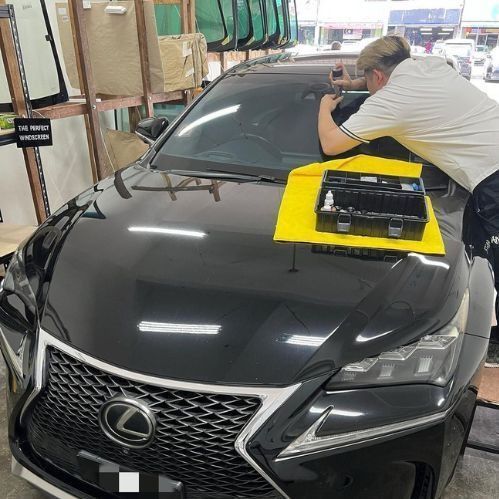
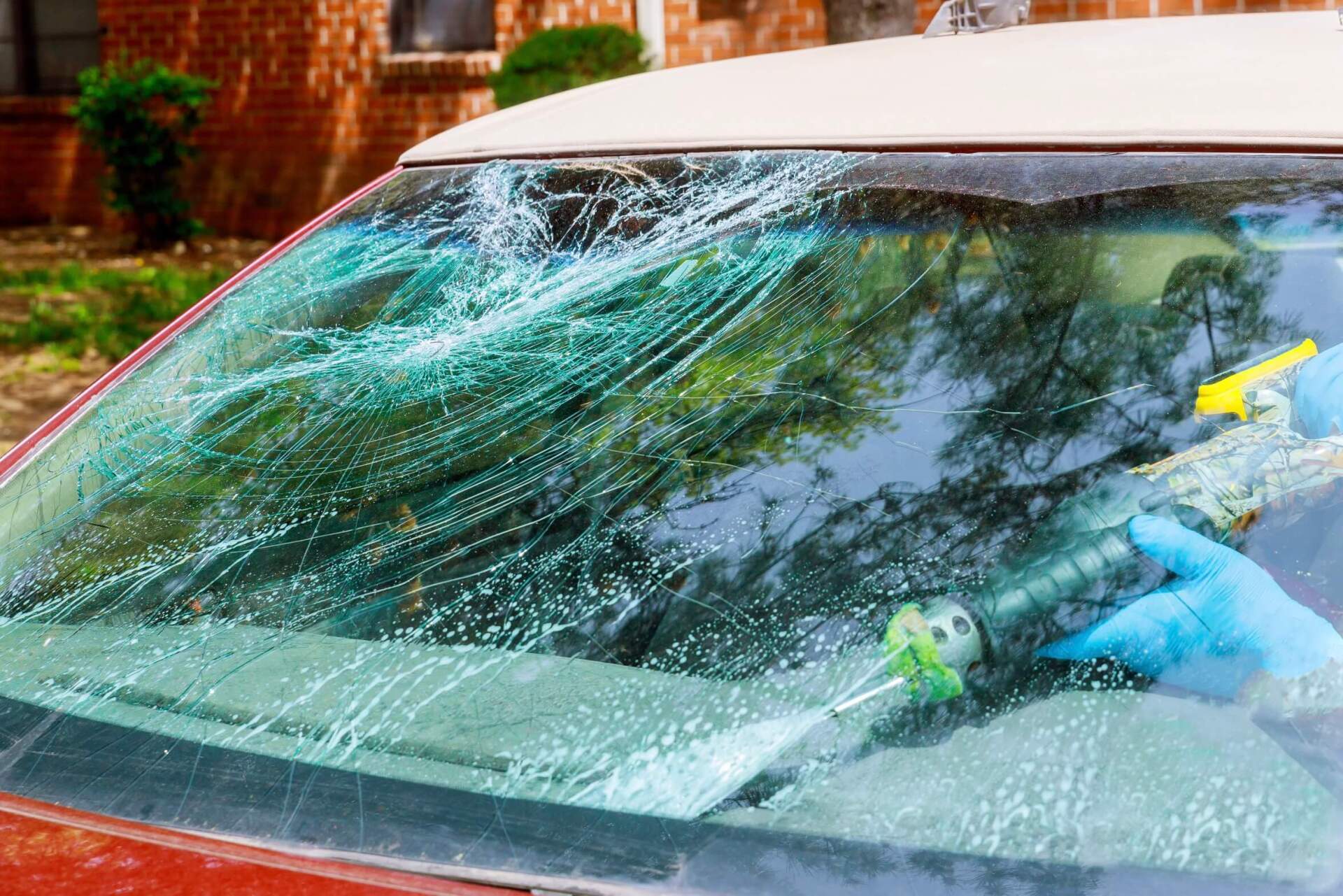
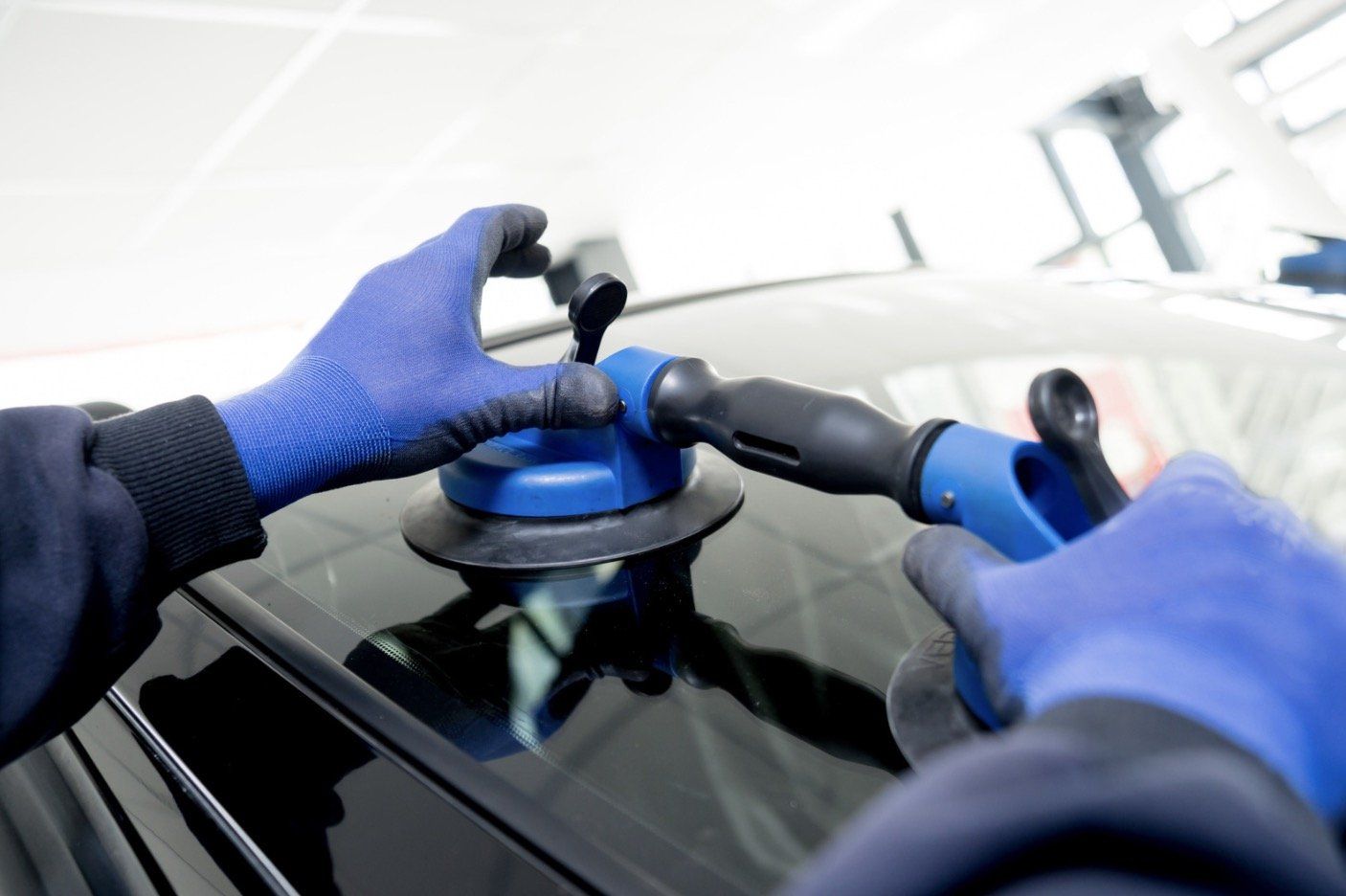
Give us a call today!
To have your perfect glass for your cars.
Our Service Areas
LIST OF SERVICES
CONTACT INFORMATION
0280 145 380
Fairfield, 18 Kenyon St, NSW, Australia
All Rights Reserved | Fairfield Auto Glass

